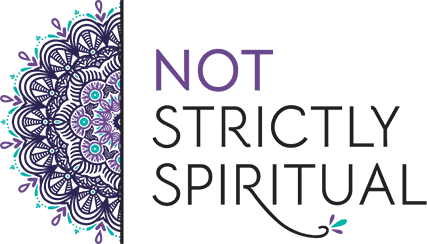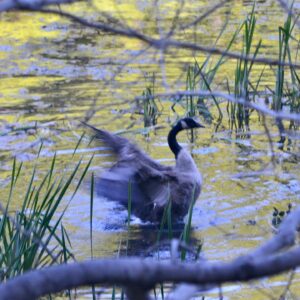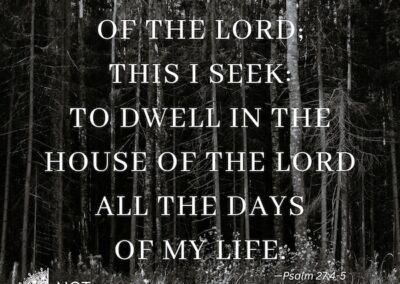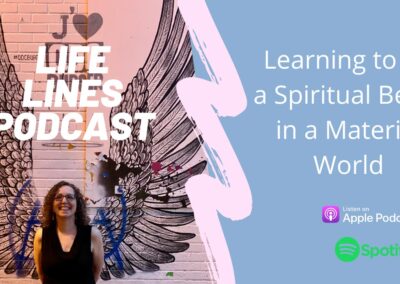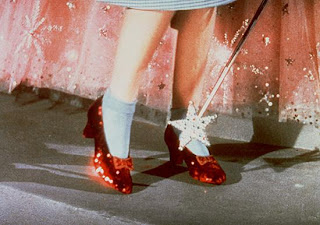 Well, we arrived home from vacation last night, and despite the fact that the house is a mess and there is laundry to do and groceries to buy and bills to pay, it’s good to be back. I enjoy going away, but I enjoy coming home even more.
Well, we arrived home from vacation last night, and despite the fact that the house is a mess and there is laundry to do and groceries to buy and bills to pay, it’s good to be back. I enjoy going away, but I enjoy coming home even more.
This morning we hit the 10:30 a.m. Mass at our parish. The stifling humidity in our un-air conditioned church could have made for a very unpleasant experience, but our pastor gave a homily so brief it must have broken some sort of preaching record. It wasn’t just brief; it was really good. That’s pretty hard to do. He was able to say in one minute what many other priests can’t seem to say in 15 minutes. Reflecting on the parable of the weeds sown among good seeds, he talked about how God allows good and bad to co-exist alongside each other, open always to the possibility that change could come about at any point along the way. God always sees the potential in all of us, even when we don’t see it in ourselves — or in others.
If you read my previous post about discovering our true selves, then you know I like this idea that we all have the potential to become what God intended us to be, no matter how young or old we may be. But I especially like the notion that the weeds in today’s parable are there on purpose, or that they may even have a purpose other than the typical destruction we attribute to weeds. After all, look at dandelions. To the person with the perfectly trimmed lawn, they are are a blight, but to a child, they are beautiful flowers, and to the gourmet, they are delicate salad. It’s all in the eye of the beholder, and, fortunately, our Beholder sees all of us with very generous eyes, as if we, too, are all flowers in the making.
There’s one more reason I like this weed parable translation: It gives me the perfect excuse for letting my garden grow wild for at least another day or two.
